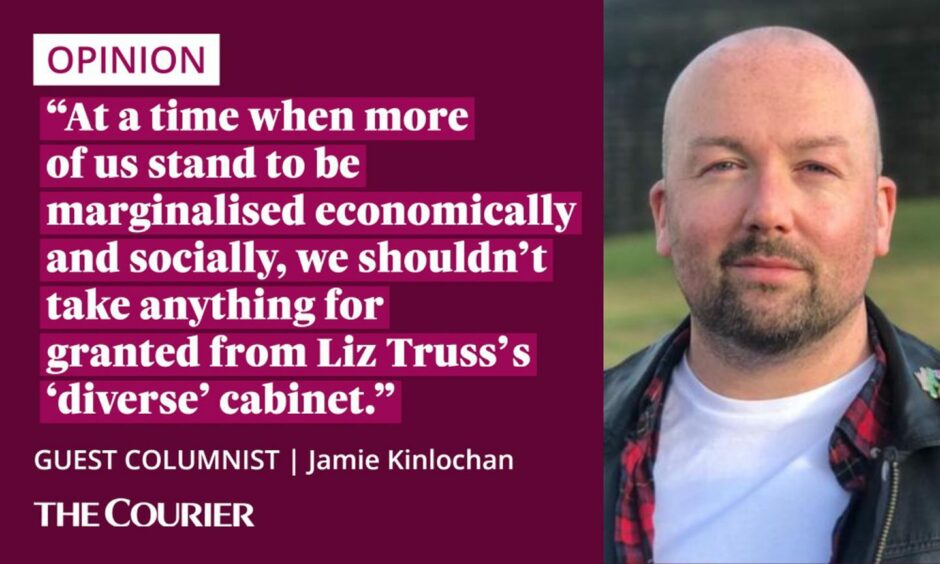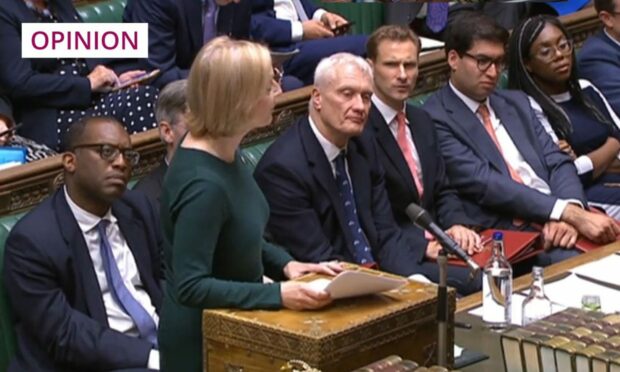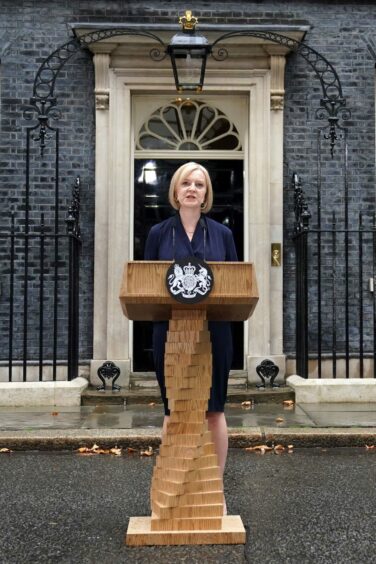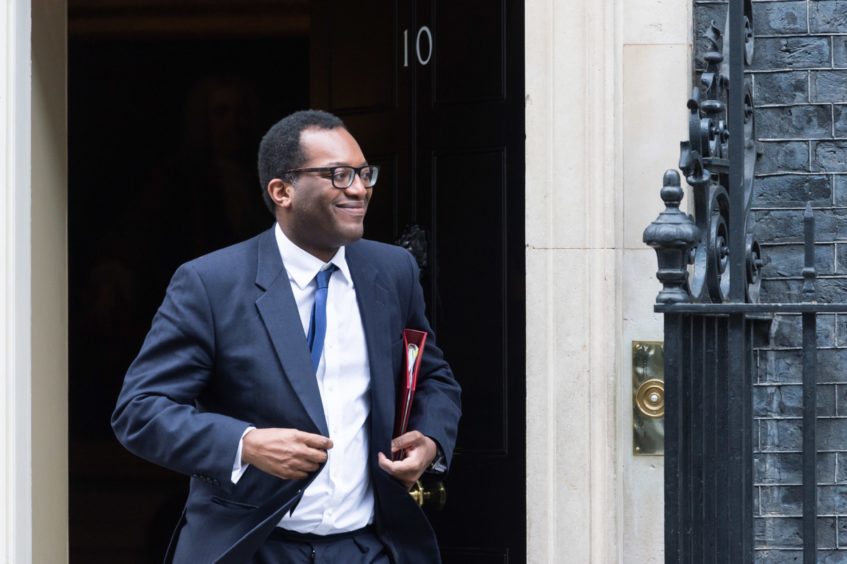As has been the case for many of us in Scotland, we get what we’re given when it comes to Westminster leadership.
So 140,000 Conservative party members got to choose our new Prime Minister, while the other 46.4 million of us who are registered to vote had to sit this one out.
And last Monday, we were given Prime Minister Liz Truss. The cheese woman.
Shortly after the new Prime Minister was appointed by the late Queen in her last public appointment at Balmoral, we got news of her ministerial appointments.
Liz Truss, we were told, was assembling the most diverse cabinet ever.
It’s an interesting claim given that 68% of the new cabinet was privately educated, compared to just 7% of the population they serve.

That’s more privately educated people than Boris Johnson’s first cabinet, more than double of Theresa May’s 2016 cabinet and more than both Cameron’s 2015 cabinet and the 2010 coalition cabinet.
In fact, it’s the most privately educated cabinet since 1992.
‘Diverse’ Liz Truss cabinet is not mirrored in other boardrooms
A diverse workplace is a brilliant thing.
The gift of diversity is that different people, coming from different backgrounds, offer new ways of looking at challenges and opportunities.
That’s why businesses which commit to recruiting more women and more black and minoritised people outperform those who don’t.
Most of the narrative around the diversity of the PM’ new team is that it is the first time in history that there’s not a white man in any of the top offices of state.
But white men seeking powerful positions need not be alarmed by what the new ‘diverse’ Liz Truss cabinet could mean for their prospects .
According to research by Mattison Public Relations, only 34 of the 238 executive positions on FTSE 100 boards are filled by women – just 14% of the total.
For the women who are on those boards, they’ll find themselves paid 74% less than the men they sit next to.
The Institute of Race Relations has found that as a result of decades of policies that have excluded and alienated, more people from Black, Asian, and other minority ethnic backgrounds are likely to be in poverty than white British people.
Liz Truss’ top team haven’t demonstrated a particular interest in changing that.
In fact, their records speak to a group of people who are determined to not support the people who are most likely to be marginalised.
Liz Truss cabinet: diverse or disturbing?
Attorney general Suella Braverman who, as the principal legal advisor to Boris Johnson’s government must have had more pressing things to be getting on with, took the time in August this year to deliver a speech that outlined how teachers and school leaders had the law on their side if they wanted to be less kind and less understanding of the children that they are paid to teach.
Chancellor Kwasi Kwarteng is a former banker and contestant on University Challenge.
He has consistently voted for more strict and harsh measures on immigration, including the removal of rights for children to join a family member who is legally present in the United Kingdom and a reduction in support for those who seek asylum.
New health secretary Therese Coffey voted against gay people being able to marry the person that they love as recently as 2019.
She also used her position as a backbencher in 2010 to call for women who wanted to make decisions about their own bodies to be assessed for ‘mental disorders’.
The new Health Secretary has previously voted against abortion rights – is @theresecoffey anti-abortion?
“I’m a complete democrat… it’s not that I’m seeking to undo abortion laws”#KayBurley #NewPrimeMinister JP pic.twitter.com/AQaPTtOwke
— Kay Burley (@KayBurley) September 7, 2022
She has, perhaps not hugely reassuringly, said that there’s “nothing more to say here or see here”.
Private education and problematic views
It is a boast of the Independent Schools Council that 96.7% of private school pupils go on to university.
Only 3.3% take what they have labelled as an “alternative” route like getting a job or taking on an apprenticeship.
Elitism is part of the private education system.
Young people who are privately educated are expected to do well in their exams, move on to a “good” university and inhabit a job with power and esteem.
We should be curious about what it will mean to have a majority of government ministers who spent their formative years experiencing that.
I’m not sure how a group of people who have never lived in social housing will be motivated to build the affordable homes that we desperately need for people to make a life in.
I am unsure how people who experienced a £35,000 a year education will be able to comprehend the stress of having £2 left on a pre-payment gas meter and no way to top it up.
And I don’t know what people who think the state should govern people’s bodies are going to do for the Black women who are four times more likely to die during childbirth because of assumptions and the removal of choices.
At a time when more of us stand to be marginalised economically and socially, we shouldn’t take anything for granted from Liz Truss’s ‘diverse’ cabinet.
Jamie Kinlochan is a campaigner for social justice and a consultant, working to tell the stories of those who are often unheard.













Conversation